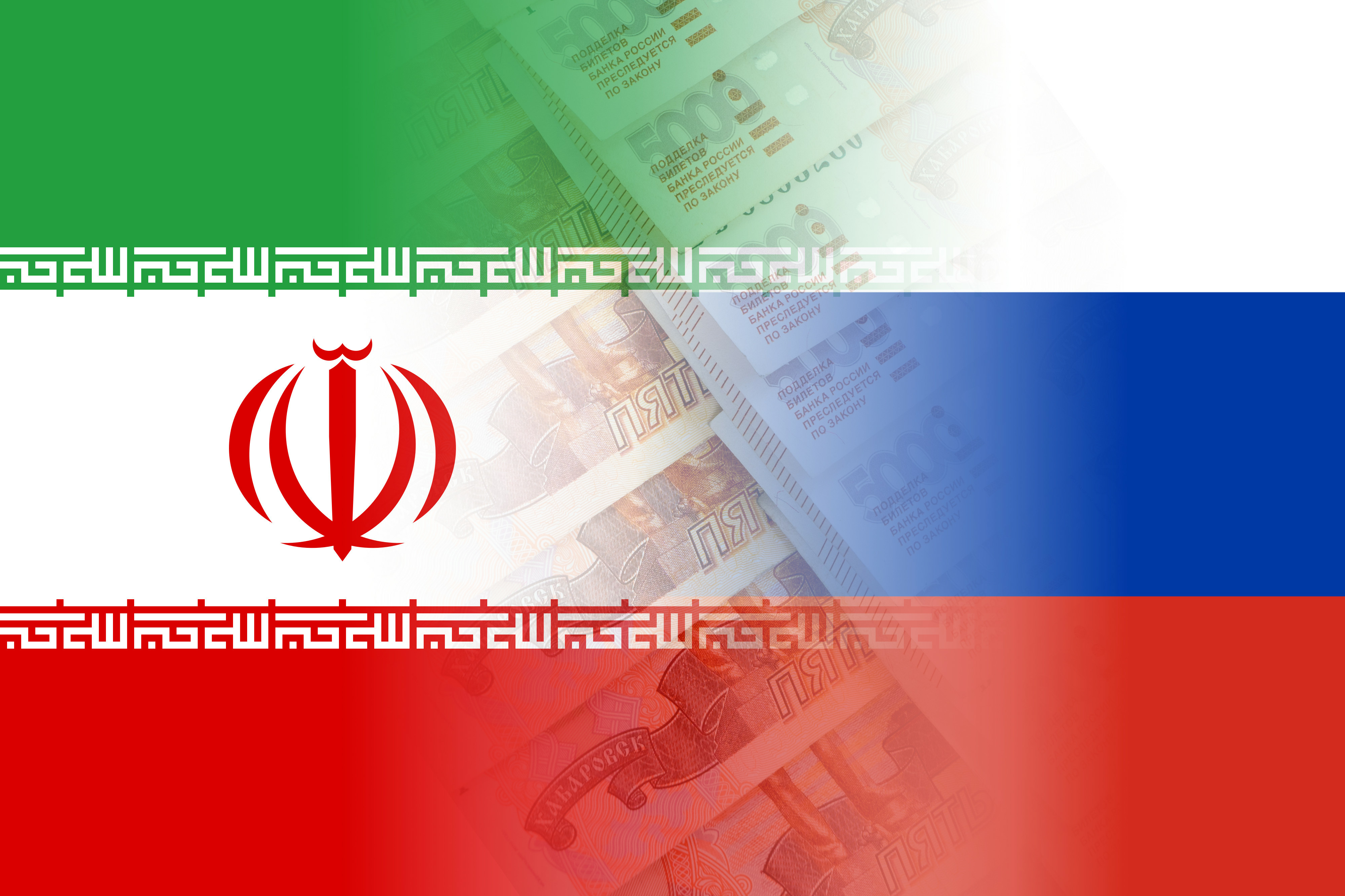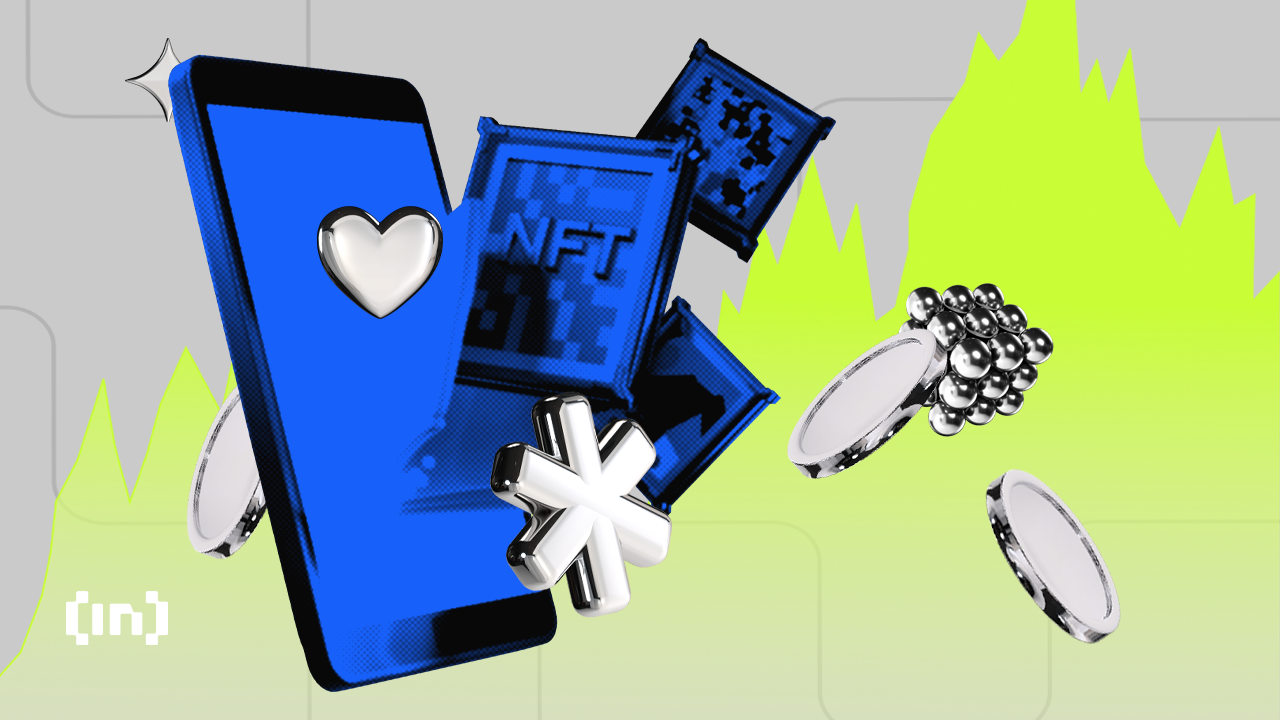Russia, Iran ‘cautious’ about crypto-powered trade


The Russian government has said it is exploring the idea of using crypto in trade deals with Iran – but won’t rush into action.
According to RIA Novosti, Moscow wants to put a “clear regulatory framework” in place before allowing Russian firms to do business with Tehran in crypto.
The media quoted the Russian ambassador in Tehran, Alexei Dedov, as stating that officials in Moscow and Tehran were currently “in the working phase” of discussions. Dedov added that nothing had yet been finalized.
Dedov said:
“Both Russia and Iran are considering allowing the use of digital currencies and digital financial assets (DFA) in settlement of exports and imports. In contrast, [the parties] is still in the process of reaching concrete agreements on this matter.”
“DFA” is a term that many Russian lawmakers have used to refer to cryptoassets, including bitcoin (BTC). However, DFA has often been confused with central bank digital currencies and stablecoins – even in legal documentation.
Both Russia and Iran are believed to be keen to de-dollarise their trade deals. The nations aim to stop US-led sanctions from disrupting their ability to do business with international partners.
Many forward-thinking Russian authorities have pushed for regulators to allow trading firms to use crypto as a payment tool in cross-border transactions.
Moscow’s plans to de-dollarize the nation predated the Russia-Ukraine conflict – and the subsequent sanctions. But the advent of sanctions has led many – including the Russian finance and trade ministries – to call for the legalization of crypto-powered trading.
However, Moscow is not united in this matter. The central bank opposes the idea of allowing Russian firms to use crypto. The leaders are concerned that the tokens received in trade agreements will end up circulating in the Russian economy.
The central bank has instead insisted that all crypto-powered trades be carried out within a regulatory sandbox – under its supervision.
Police have also expressed concern that allowing companies to trade freely using crypto could lead to money laundering.
Crypto-powered trade: the future of Russia and Iran?
Whatever direction Moscow and Tehran decide to take, both seem convinced that digital tokens now represent the future for exporters.
Last month, Russian MPs and crypto industry leaders talked about a Russian-Iranian plan to launch a gold-backed stablecoin for use in international trade.
Recently, BRICS (Brazil, Russia, India, China and South Africa) leaders revised a plan to launch a joint stablecoin – one that was first floated back in 2019.
Russian Foreign Minister Sergey Lavrov stated that BRICS leaders have agreed to discuss the creation of a “common currency” when the group gathers for a summit in August.
Lavrov spoke of the need to “create [BRICS’] own currencies, within the framework of BRICS.”























